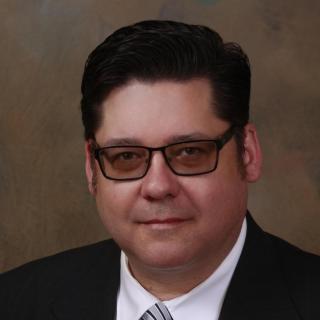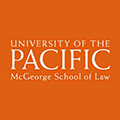
Bruce Adrian Last
Solo practitioner specializing in probate and trust law.After working for ten years at The Jellins Group, APLC, a general practice law firm, I moved to Contra Costa County and decided to start my own law practice. My primary practice area is estate planning, probate and trust administration and litigation. However, I also work in the related area of real estate and landlord-tenant law. I received my J.D. from McGeorge School of Law in 2002, graduating Dean’s Honor Roll. San Francisco State University conferred a B.A. in Interdisciplinary Creative Arts in 1998 following my completion of a course focusing on audio-video and multi-media production and design. In addition to operating my own practice, I currently am an attorney editor for Thomson Reuters and volunteer with Contra Costa County Senior Legal Services.
- Estate Planning
- Guardianship & Conservatorship Estate Administration, Health Care Directives, Trusts, Wills
- Probate
- Probate Administration, Probate Litigation, Will Contests
- Not Currently Accepting Clients
-
Rates, Retainers and Additional Information
Due to a career change, I am not accepting new clients at this time.
- California
-

- English: Spoken, Written
- Attorney/Owner
- Bruce Last, Attorney at Law
- - Current
- Senior Associate
- The Jellins Group, APLC
- -
- California State University - San Francisco State University
- Undergraduate Degree
-

- University of the Pacific, McGeorge School of Law
- J.D. (2002) | Law
- Honors: Dean's Honor List 2002
-

- Contra Costa County Bar Assoication
- Member
- - Current
-

- California State Bar # 231750
- Member
- - Current
-

- Website
- My Web Page
- Q. My mother sold her house and has since passed away. The new owners are saying that the septic tank is bad and suing me.
- A: Unless you were on title to the property, and thus a seller, or it has been less than one year since your mother's death, the claim is likely barred. California Civil Code 366.2 states:
" If a person against whom an action may be brought on a liability of the person, whether arising in contract, tort, or otherwise, and whether accrued or not accrued, dies before the expiration of the applicable limitations period, and the cause of action survives, an action may be commenced within one year after the date of death, and the limitations period that would have been applicable does not apply."
That statute essentially bars all claims against a decedent one year from the date of ... Read More
- Q. My mom died and resided in California. She has an account in Ohio I need to close. Total assets 25,000. Probate?
- A: As others suggest, personal property (that is anything other then real property) is subject to the laws of the State where the decedent died. Thus, the Ohio bank should honer an affidavit under California Probate Code s. 13100. (https://saclaw.org/wp-content/uploads/2015/01/form-affidavit-for-collection-of-personal-property.pdf)
Sometimes, a small, local bank (one that does not have branches in California) is unfamiliar with the process. Generally, a letter and phone call from an attorney will clear this up. (About 1-2 hours of attorney time.)
Best of luck.
- Q. I have a question about making changes to Will
- A: Glendale:
To codicil or not to codicil, that is the question.
In order to make changes to a will, you have two options. You can make a new will revoking the old will, or you can write an amendment, called a codicil, to change only the portions you wish. Creating a new will, and revoking and destroying the new will, is probably the better practice unless you are working with an attorney. Primarily because an improperly drafted codicil may end up with provisions conflicting with the original will, resulting in a need for court interpretation.
I can tell you that making changes by scratch outs, interliniations (writing in additional or new language), or making other changes to the face ... Read More